Trump lashes out at Powell, says ‘termination cannot come fast enough’
Jerome Powell had warned the Federal Reserve could face a difficult trade-off as tariffs raise prices and weaken the economy.
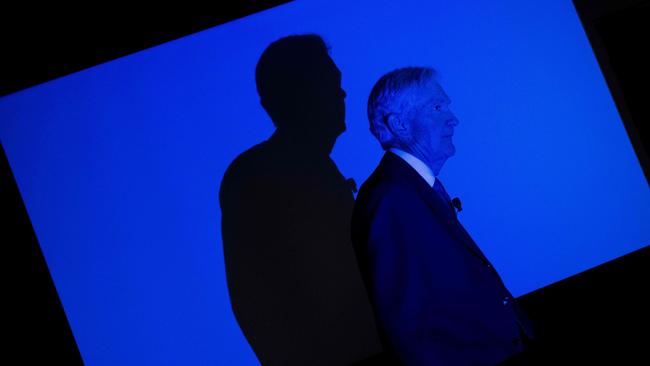
President Trump lashed out at Federal Reserve Chair Jerome Powell one day after Powell warned that the Fed could face a difficult trade-off as tariffs raise prices and weaken the economy.
“Powell’s termination cannot come fast enough!” the post read. Trump said Powell “is always TOO LATE AND WRONG” and should be cutting interest rates alongside other central banks.
Later Thursday, in the Oval Office, Trump told reporters he had the power to dismiss Powell as Fed chair—a position that is at odds with Powell’s view of the law.
“If I want him out, he’ll be out of there real fast, believe me,” Trump said.
On Wednesday, Powell repeated his longstanding view that the law didn’t permit his removal. During Trump’s first term, Powell told the president’s advisers that he would challenge his removal in court.
Trump is upset that the Fed isn’t lowering interest rates to cushion the fallout from his trade war. Powell is “too late. He’s always too late, little slow,” Trump said.
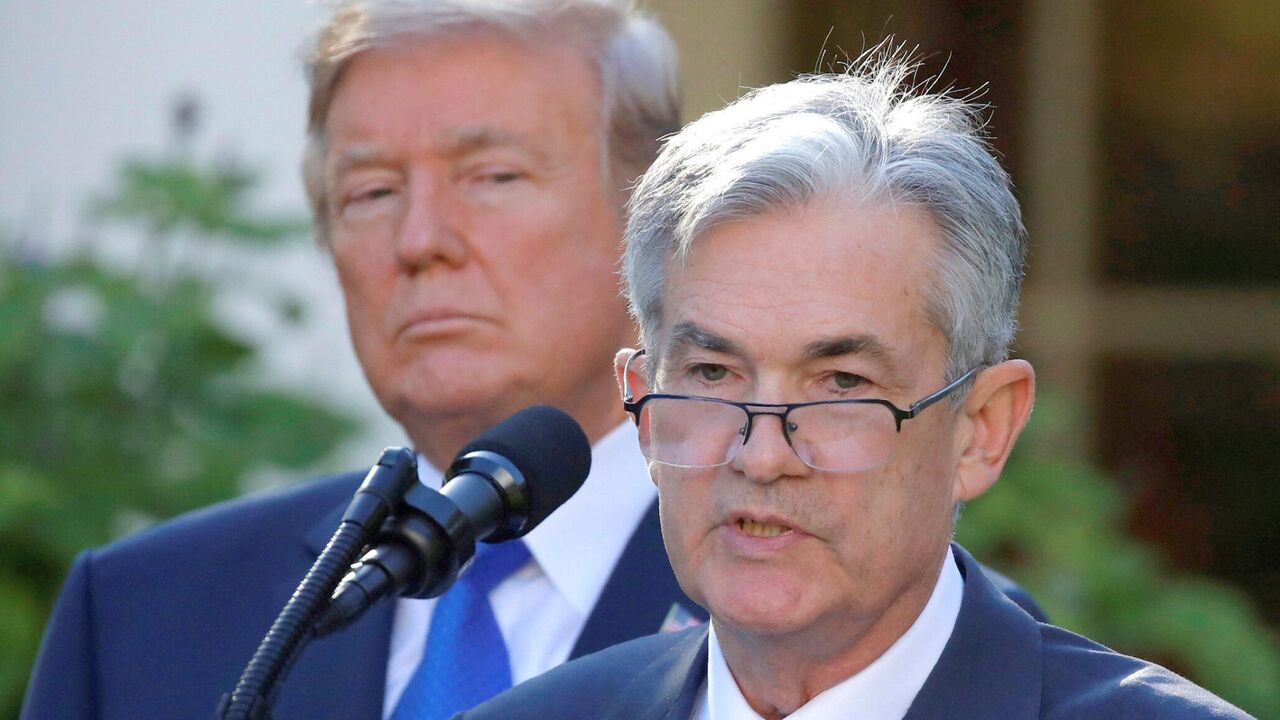
Inflation in the US could rise more than in other countries in the coming months because Trump has imposed a range of tariffs.
Whether the Fed chair can be removed before the end of a four-year term is an open question because it has never been attempted.Trump is trying to dismiss several other Biden appointees who have challenged their removal by citing a 90-year legal precedent that has shielded them from dismissal over a policy dispute.
Trump’s Justice Department has said it would seek to overturn the landmark 1935 legal precedent that has provided that legal protection. Legal scholars have said that court ruling, which unanimously held that President Franklin Roosevelt lacked the authority to fire a commissioner at the Federal Trade Commission, offers the strongest legal guardrail to back up Fed independence.
Powell said Wednesday he didn’t believe that legal challenge, which concerns Trump’s removal of a member of the National Labor Relations Board, would ultimately apply to the Fed — presumably because the Supreme Court, even if it rolls back its 1935 ruling, would find a way to protect Fed governors from removal.
“It’s a situation we’re monitoring very carefully,” he said.
Trump has previously said he won’t seek to replace Powell before his term expires in May 2026.
In a Bloomberg television interview on Monday, Treasury Secretary Scott Bessent reaffirmed his support for the Fed’s independence in setting interest rates, saying it is a “jewel box that has got to be preserved.”
Bessent said the White House could begin interviewing candidates for the Fed job this fall, around six months before Powell’s term ends. There aren’t any vacancies on the Fed’s seven-member board. The term of Fed governor Adriana Kugler expires next January.
Trump’s tariff announcements led to notable market volatility last week, including a rare episode in which longer-term bond yields rose while the dollar weakened and stocks sold off.
Trump called on the Fed to lower interest rates immediately on Thursday, ahead of an interest-rate cut by the European Central Bank. Powell “should have lowered Interest Rates, like the ECB, long ago, but he should certainly lower them now,” Trump wrote.
On Wednesday, during a speech in Chicago, Powell said the central bank needed to make sure that any increase in prices from tariffs didn’t lead to continued inflationary pressures.
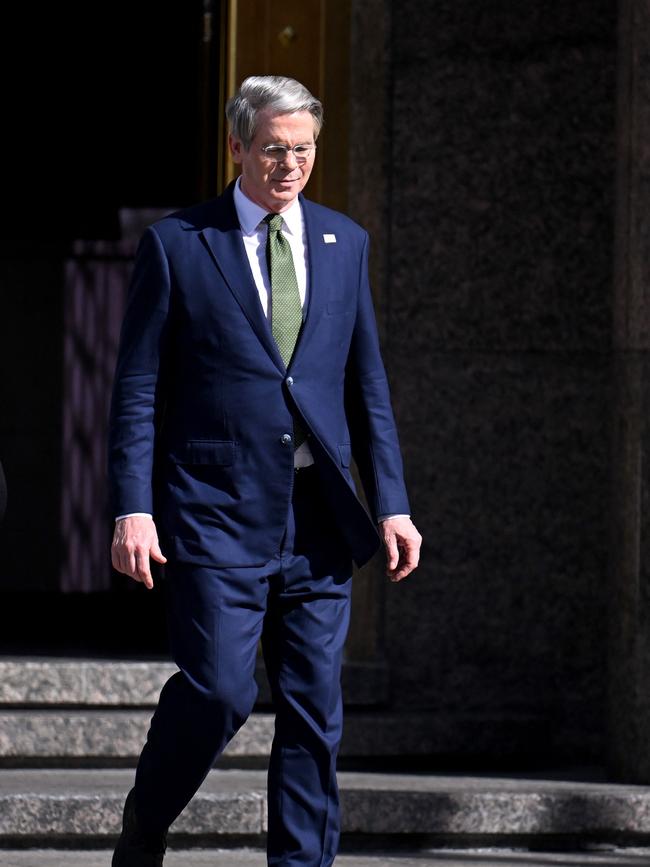
The Fed has held interest rates steady at both of its meetings this year. After the central bank left its benchmark rate unchanged at its meeting in January, Trump said he agreed with the decision because inflation was still a concern.
Setting interest rates to cushion the economy from a so-called “supply shock” that limits the ability of the economy to produce goods and services is a particularly challenging situation for central banks. A trade war could initially send up prices while also weakening demand and, eventually, pushing up unemployment.
In such a situation, anything the Fed does with interest rates to restrain inflationary pressures could worsen unemployment, and anything it does to stimulate the economy and cushion the blow to the job market could send up inflation.
The Bank of Canada, which held interest rates steady on Wednesday after seven consecutive cuts, highlighted that tension in its policy statement. “Monetary policy cannot resolve trade uncertainty or offset the impacts of a trade war,” it read.
Erratic policy announcements from Trump have also chilled business and consumer sentiment, which could hamper investment. Business executives say that they aren’t willing to invest until they have more clarity about what their cost structure will be.
Trump appointed Powell to lead the Fed in 2018, and former president Joe Biden reappointed him in 2022, with 80 senators approving his second term. But Trump quickly soured on Powell, who became a favourite presidential scapegoat, for not lowering interest rates fast enough during a 2019 trade war.
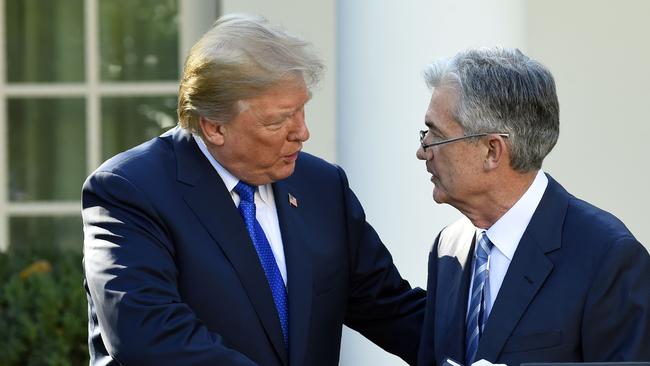
On Wednesday, Powell said he didn’t believe the Fed’s independence to set interest rates as it sees fit would be compromised because it is “very widely understood and supported in Washington, in Congress, where it really matters.” He added, “We’re never going to be influenced by any political pressure. People can say whatever they want. That’s fine. That’s not a problem. But we will do what we do strictly without consideration of political or any other extraneous factors.”
Six years ago, when Trump toyed with trying to dismiss Powell, the Fed leader told then-Treasury Secretary Steven Mnuchin that he would fight his removal if the president sought it, the Journal reported last year.
For Powell, the unsavoury prospect of a legal showdown — one he might have to pay for out of his own pocket — was imperative to preserve the ability of future Fed chairs to serve without the threat of being removed over a policy dispute.
The Fed has guarded its independence to set monetary policy ever since the very high inflation of the 1970s. President Richard Nixon privately pressured his Fed chairman and former adviser, Arthur Burns, to ease policy ahead of the 1972 election, according to Oval Office recordings. Burns acceded.

After years of high inflation were cured by a punishing recession in the early 1980s, the Fed and other central banks around the world sought and were granted considerable operational autonomy, or “independence,” by their governments to set interest rates with an eye toward the long-run good of the economy.
Many investors regard the independence of the Fed as a key ingredient in creating conditions to foster lower inflation and, consequently, less risk in holding longer-term government debt.
Some investment managers have warned in recent days that Asian and European investors could shift holdings away from US assets amid concerns that poor economic management will weaken the dollar.
“Trump is taking the cudgel to elements of the US institutional framework that have long been seen as free from direct political interference. This could have serious long-term ramifications for the value and broad use of the dollar in global markets,” said Eswar Prasad, an economist at Cornell University.
Wall Street Journal

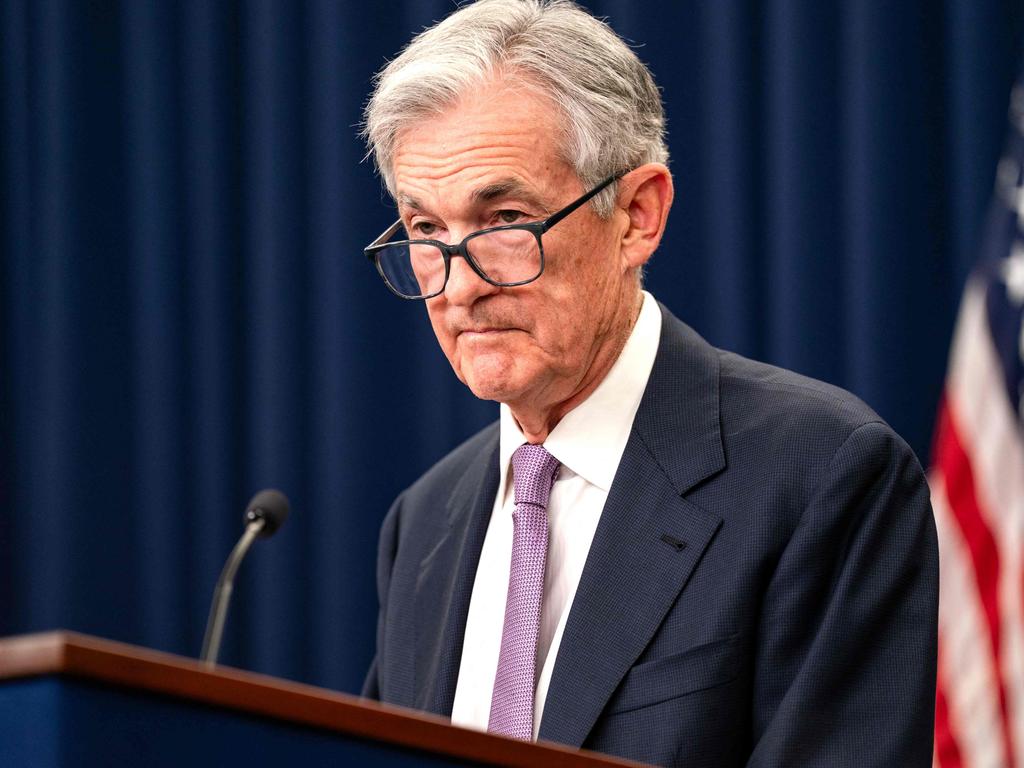
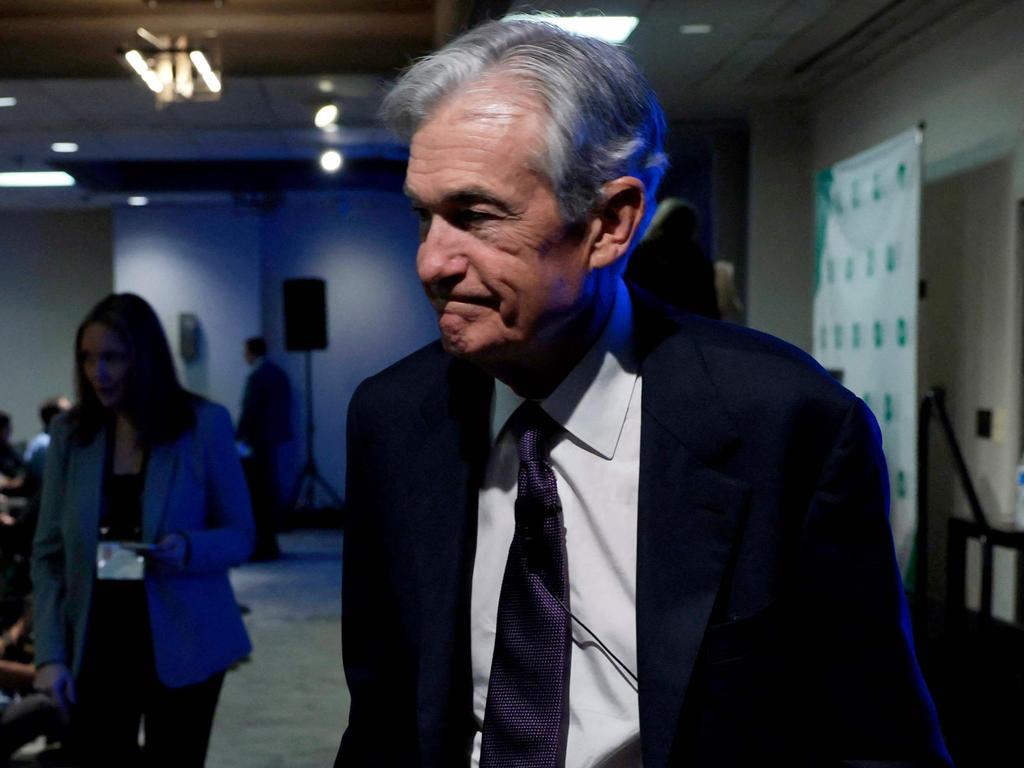

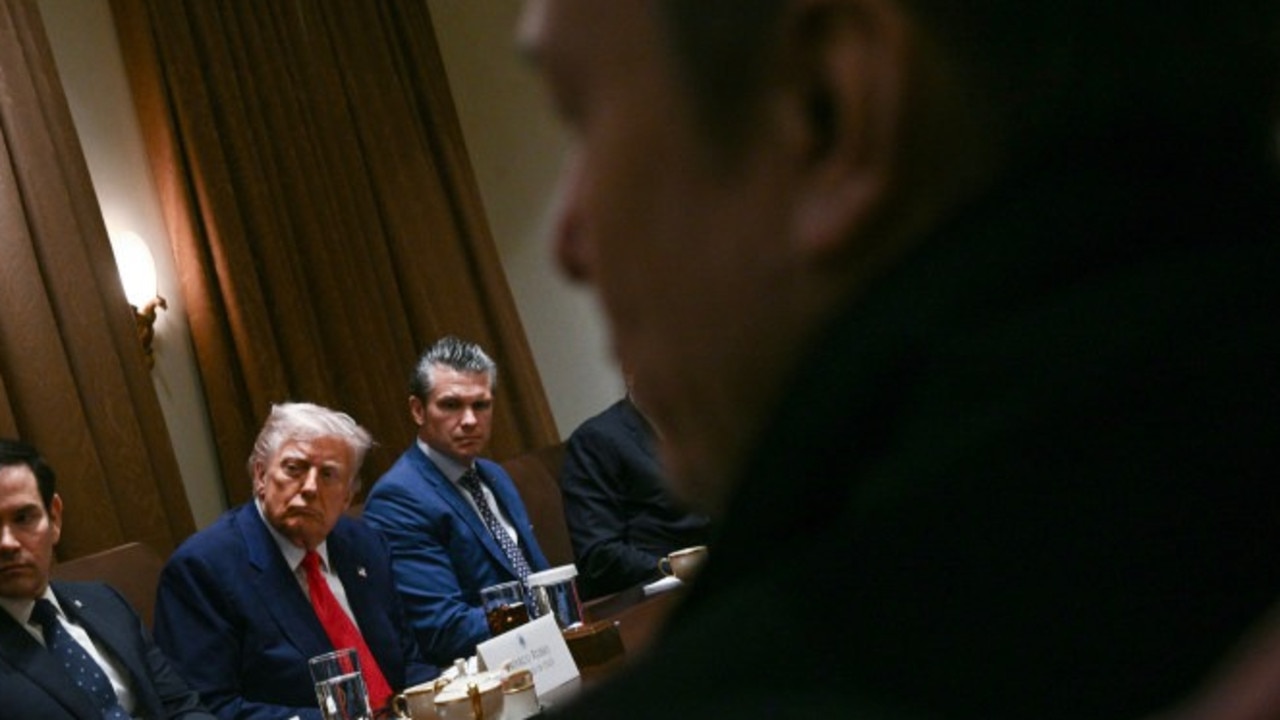

To join the conversation, please log in. Don't have an account? Register
Join the conversation, you are commenting as Logout